Despite the rising amount of people believing Stadia won't be around for long, we're into another year and Google have announced that more than 100 games will release for Stadia through 2021.
After a pretty rough time with Terraria cancelled and bridges burned, along with Stadia shutting down first-party game development which left a lot of Stadia users worried they definitely needed to put out some good news. In a fresh community post, the Stadia team officially announced "more than 100 games that will be added to the Stadia store for our players in 2021".
Here's more of what they just recently confirmed:
Shantae: Half-Genie Hero Ultimate Edition (Feb. 23)
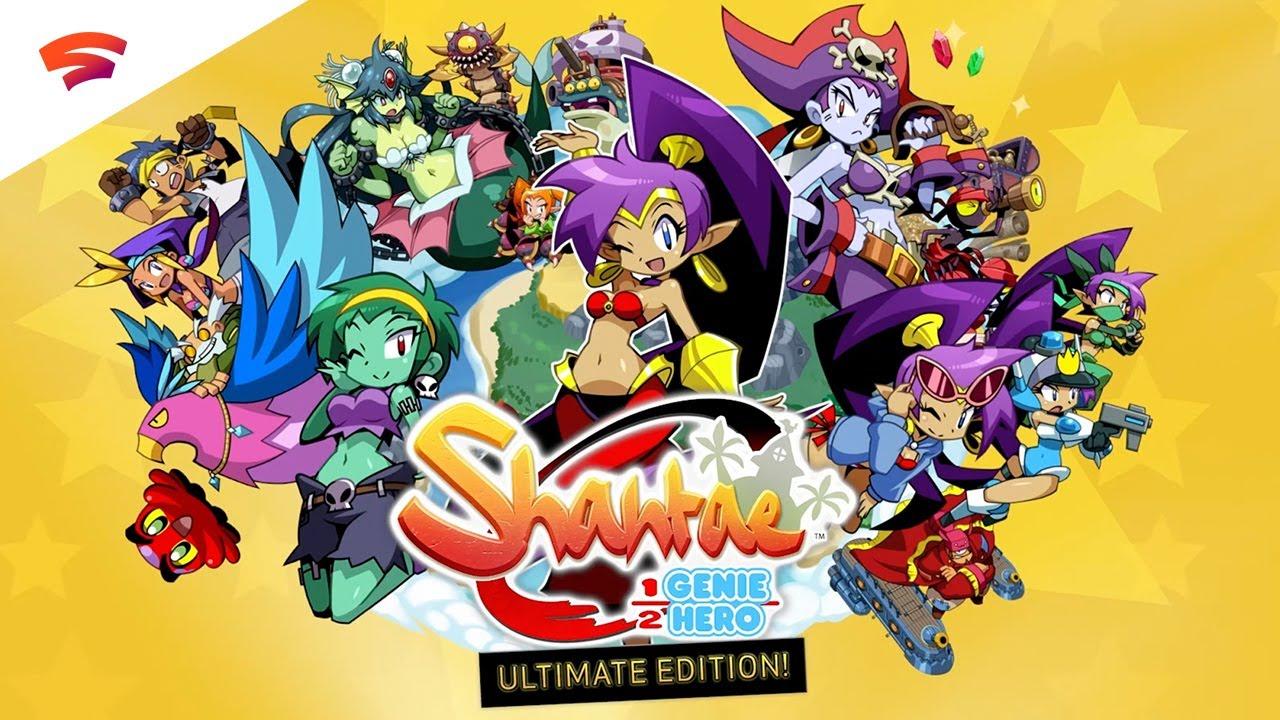
Direct Link
Shantae: Risky's Revenge - Director's Cut (Feb. 23)
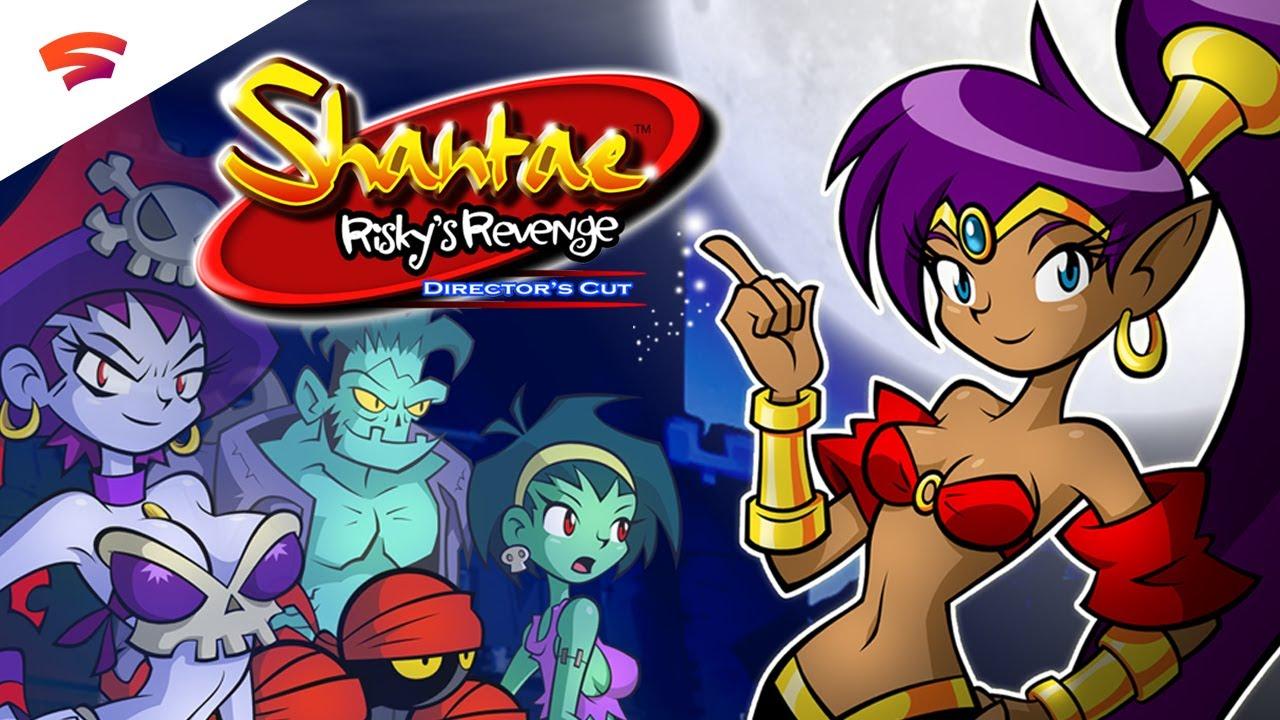
Direct Link
It came from space and ate our brains (Mar. 2)
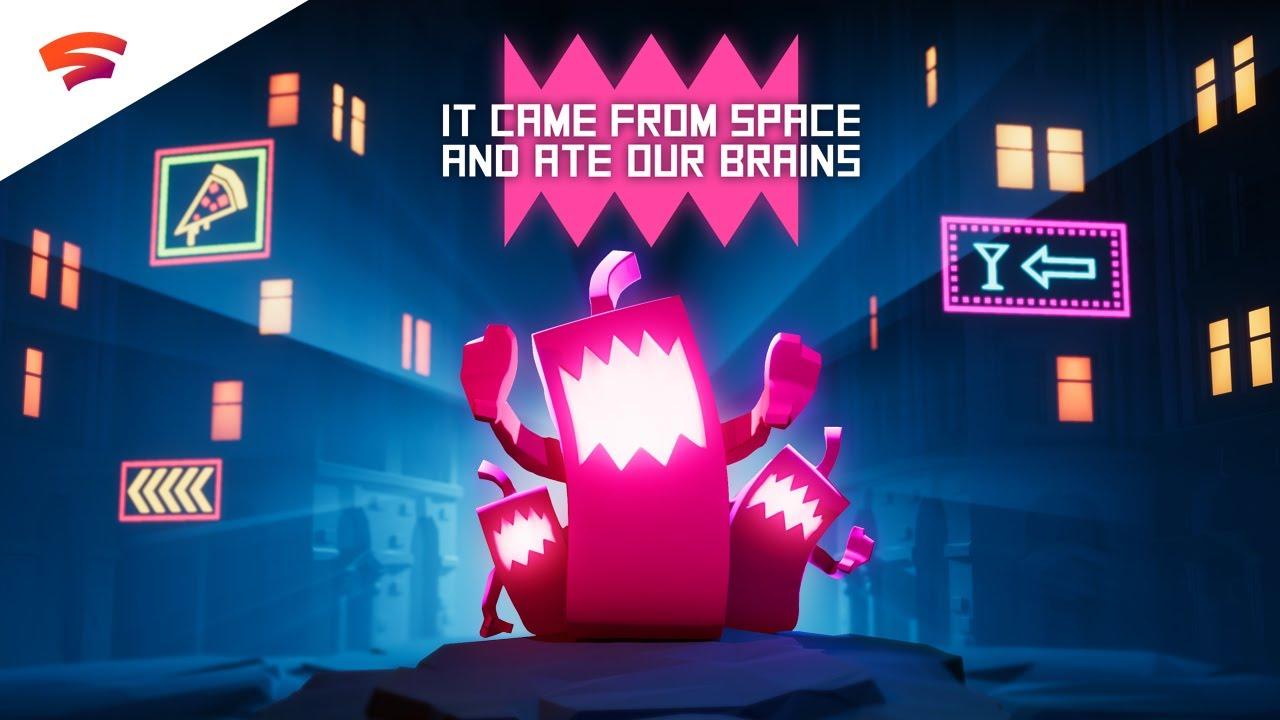
Direct Link
FIFA 21 (Mar. 17)
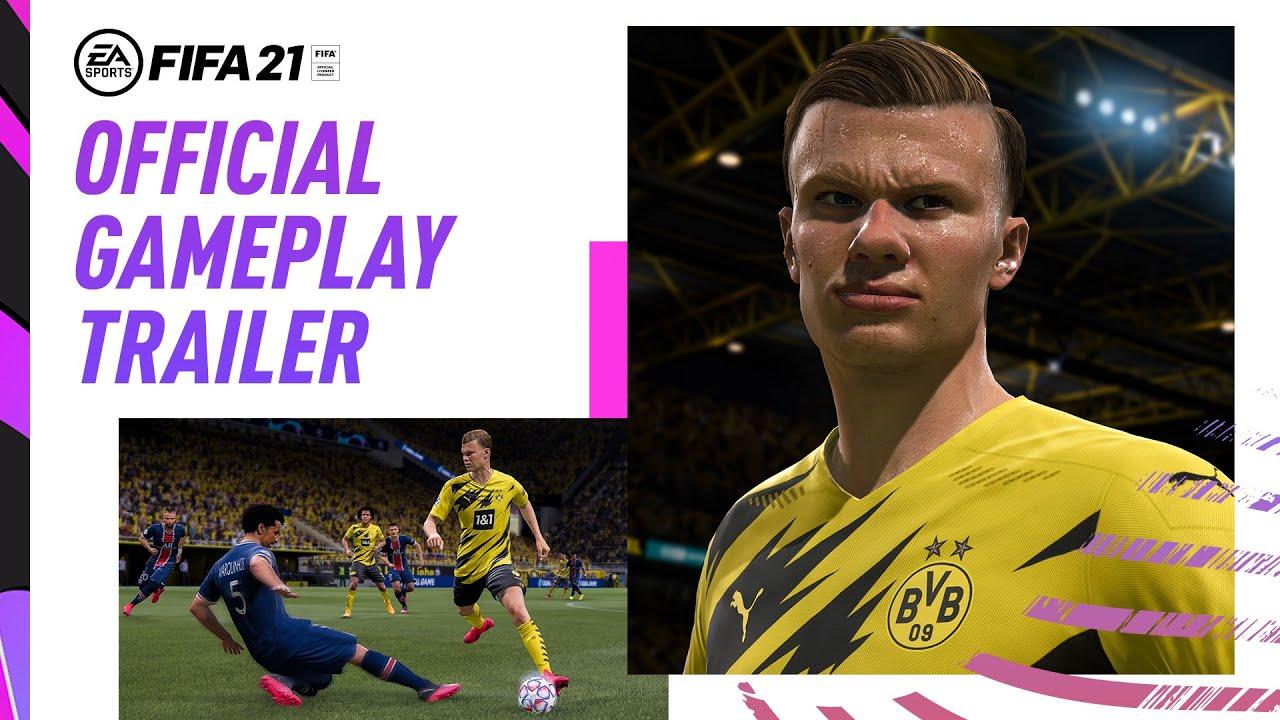
Direct Link
Kaze and the Wild Masks (Mar. 26)
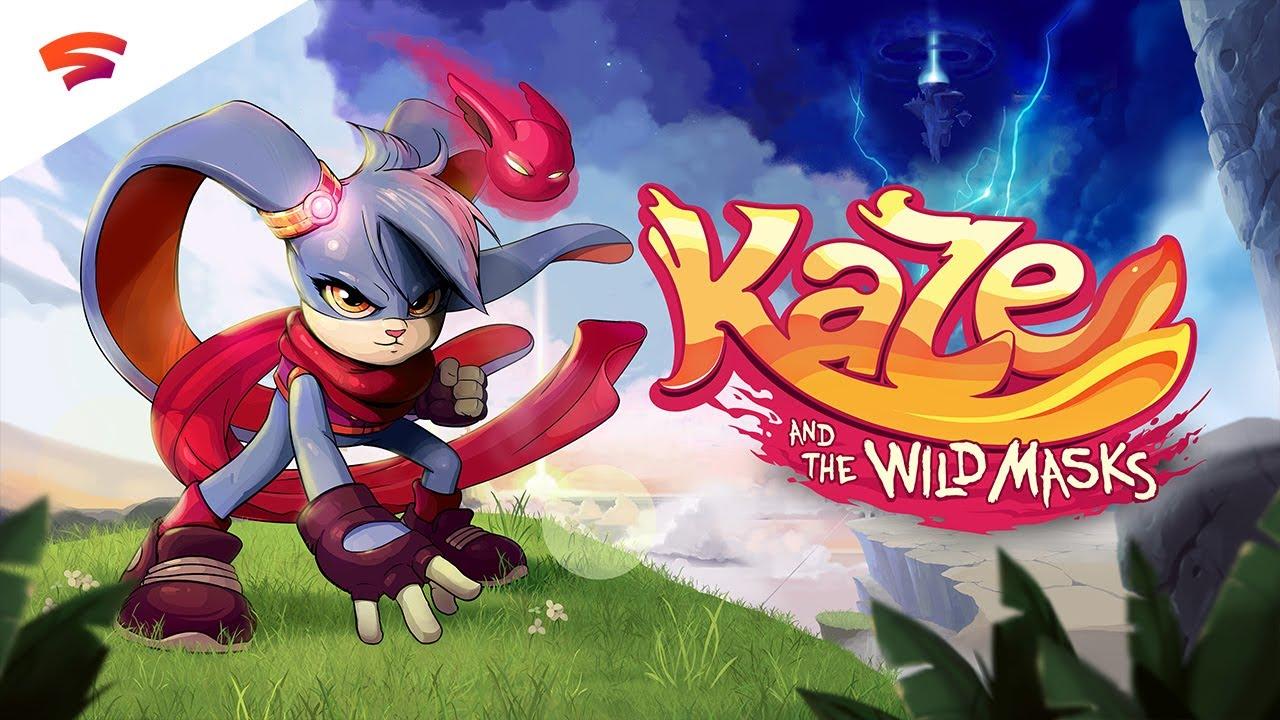
Direct Link
Judgment (Apr. 23)
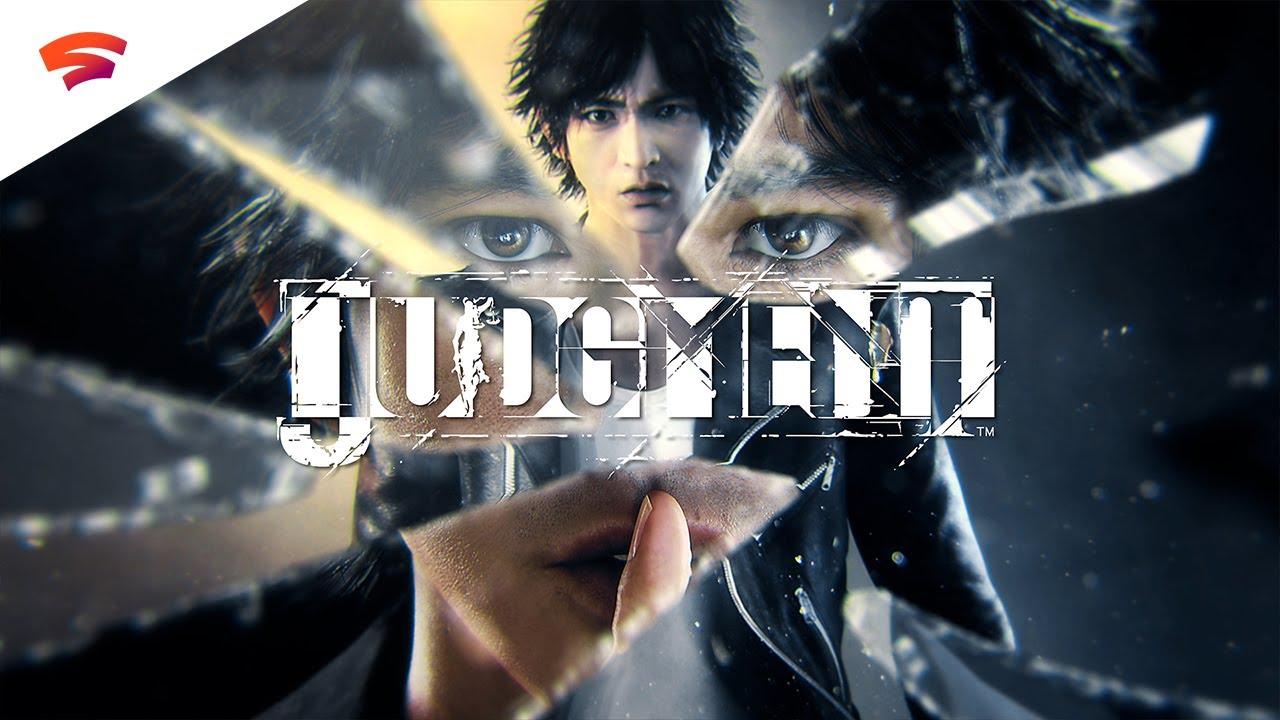
Direct Link
Killer Queen Black
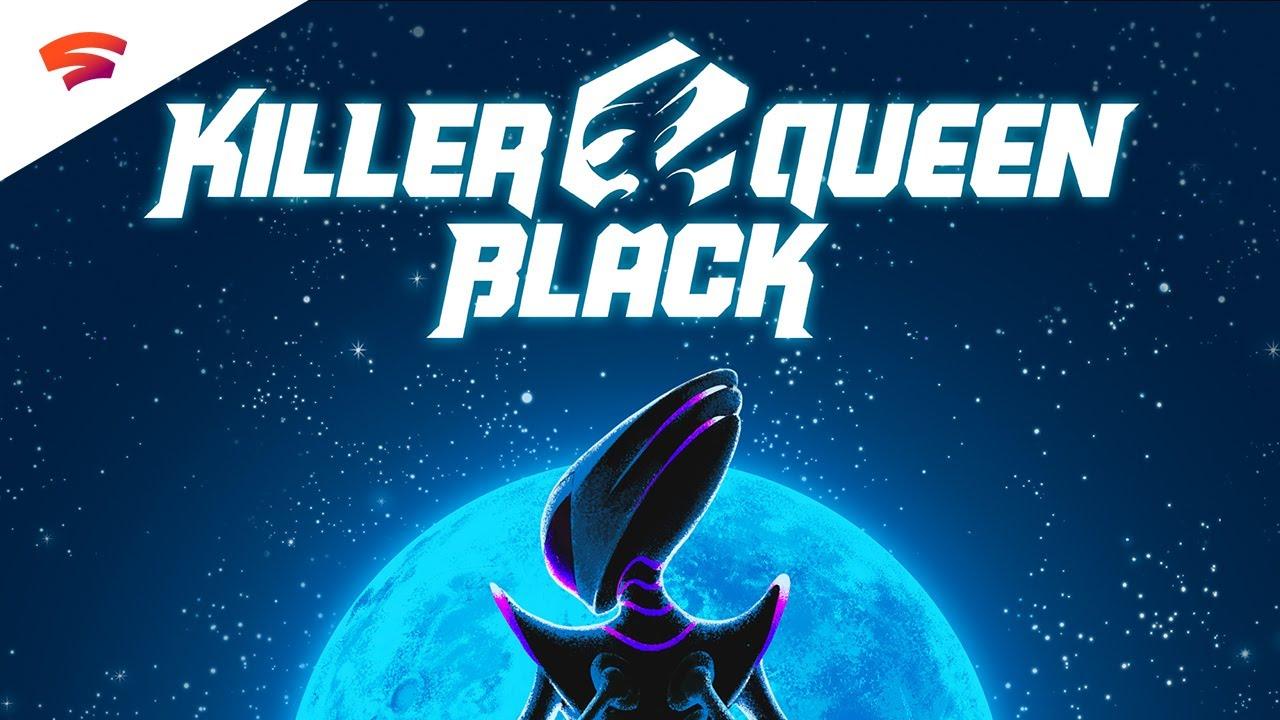
Direct Link
Street Power Football
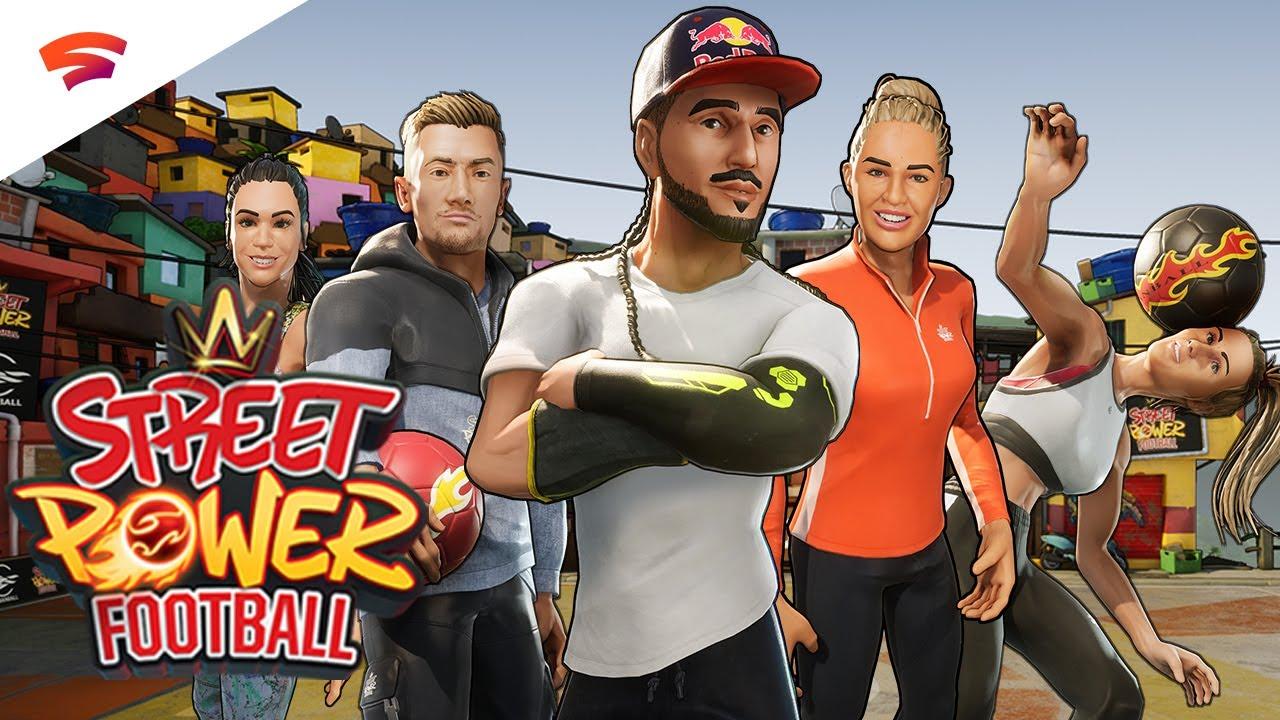
Direct Link
Hellpoint
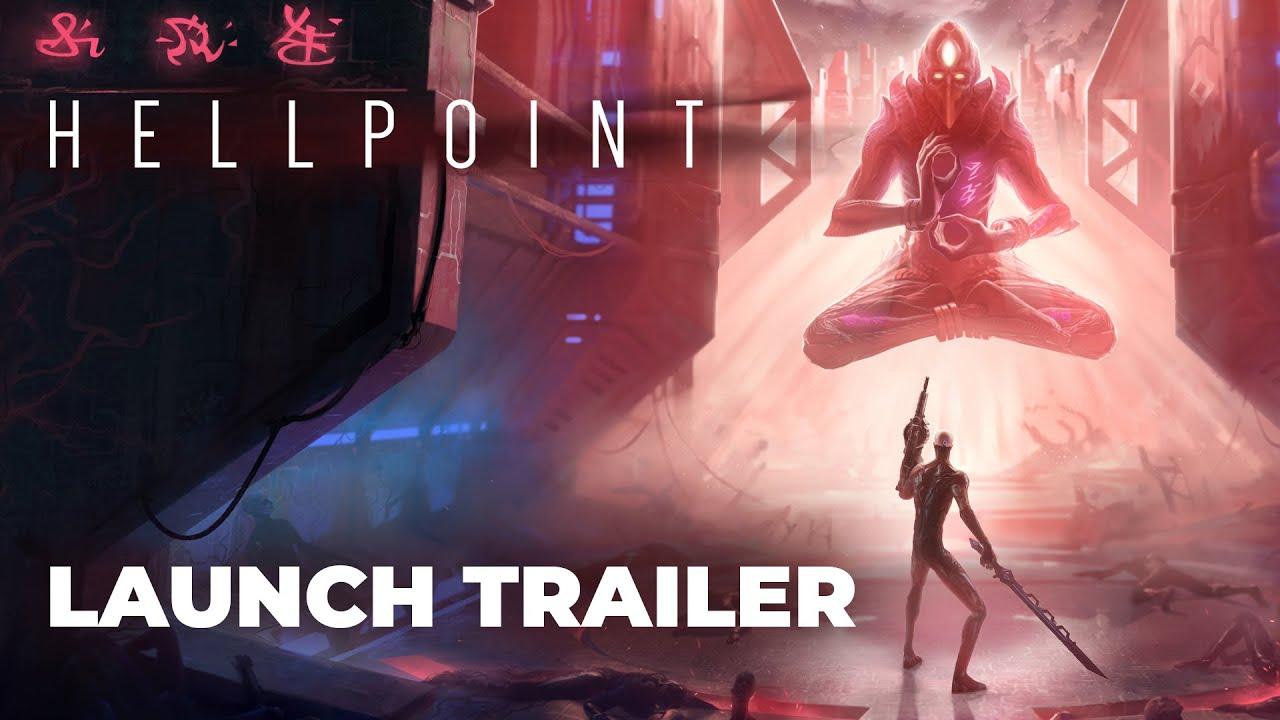
Direct Link
The Stadia team also reiterated that plenty more are also confirmed and have been announced previously like Far Cry 6, Riders Republic and Hello Engineer.
You can play on Stadia.com with a Chrome based browser.
Quoting: GuestRealized I might not have been clear: I mean sure, it can try to be used as both, I just don't see that happening without an external push (steam machines type thing) - and even then I'm not really sure it would work anyway without some kind of exclusivity. Basically as an extra bit of sweetener for the deal, not the deal itself.I believe it needs to be both, an external push and the ability to be able to play most games on Linux. And history supports me on this. We already had the external push, which was SteamOS and Valve. But as we can see, that alone wasn't enough to keep driving Linux adoption as a gaming platform.
Quoting: GuestThis is actually a point that I know a lot of people disagree with me on: is there any need to get a higher market share through such means? There's no particular rush as far as I'm aware, things can go at their own pace and do it the GNU/Linux way rather than take any shortcuts that have a habit of sticking around a lot longer.I'm pretty sure people were saying the similar things when Valve came backing Linux gaming. And yes, it certainly changed Linux as a gaming platform and many people argue that for the worst. What used to be a mostly non DMR open source gaming platform is now "dirtied" by Valves DRM and many Linux users who do not care about free open source software at all. But if that didn't happen, I most likely wouldn't be here now and I would definitely not know anything about free open source software, as I only learned about it thanks to being a Linux user. So while Valve was certainly a "necessary evil" to grow Linux as gaming platform to where it is today, I'm for one am glad it happened.
Quoting: GuestI think the danger of turning it into basically Windows needs to be considered. Does that make sense? Long worded, but obviously something that I am concerned about.Not really sure what you mean by that. Why would more people adapting Linux for gaming turn it into Windows?
Quoting: GuestIt would more than likely just make people use Windows again.
Some people definitely would. Some people definitely wouldn't. It is impossible to predict how many would fall into each category. Only time will tell, if we ever get to that point. All I know is that right now, Proton/Wine/dxvk is good for Linux adoption as a gaming platform. How many people actually stick with it once obstacles come into their way would be for another discussion.
Last edited by Rooster on 14 Feb 2021 at 12:57 pm UTC
Quoting: rustybroomhandleWhen Proton does get marketed to developers it will be in the form of a feature complete build target. ie "Here, support this, ktnx"When Valve proposed Steam machines they met lots of issues on Linux ecosystem to a point they were overwhelmed. Not only that, they had little experience in hardware. If they are going to market Proton they better do it when it's complete. It's not complete right now. DX12 support is not as good as DX11. DXR to VK RT is not complete. Anti cheat also isn't complete. Not to forget Zink, for OpenGL devs, is also not complete.
As for market share etc. Disturbing as it is, Steam China will likely push up the Linux share over time more than the rest of the world.
Right now is a bad time for Valve to market Proton.
Quoting: Liam DaweThat makes more sense. However, feature complete? Any time Windows and DirectX change, it will be playing catch up. I don't think it will be possible to have such a thing.I'd say if Valve accomplishes what I mentioned above, Proton will be feature complete. There will always be changed or even major feature releases that will make Proton lacking again but if they get the core software done it won't be to long for them to catch up. Microsoft won't be able to dish out alot new features to point Valve devs can't keep up in good time. Take DX11 as an example, most if not all games now work fine through Proton with it. Yes, they have moved on to DX12, but when Microsoft's development reaches a stage they can't do much more to DX12 or other software (and Proton is caught up), there is less changes that can happen that will make Proton as unstable as it currently is with in regards to DX12 and DXR and so on.
Last edited by Linuxwarper on 14 Feb 2021 at 4:31 pm UTC
Quoting: KithopBut for a vocal 0.1% running that Frankenstein's monster of a tricked out Gentoo build?Hey, why'd you have to bring me into this conversation?
Seriously though, I don't think I've ever complained about a game not working on my distro. The only game I can even think of that I just couldn't get to work at all that a lot of other people didn't seem to be having problems with was Payday.
Quoting: GuestThe internet: Stadia is dead, it will be in the Google graveyard in a few monthsits funny that they say that stadia is dead multiple times, i wonder how many times they can say that before people start realizing its make no sense to say its dead now, since it supposed to be dead already in the past few years and yet , its not...
Google: We're gonna give you 100+ games this year
The internet: *crickets*
The amount of reactionary doom mongering and told you sos in the past 2 weeks compared with the silence from the same people now speaks volumes. They are little more than hate for clicks peddlers
anyway, its going to be quite troublesome to fight against this discourse, but if google can, then no one would be able to stop cloud gaming in the future, wich is an bigger problem than windows imho.
Quoting: psycho_driver:whistle: *eyes his own distro icon* I, uh, joke from a place of love.Quoting: KithopBut for a vocal 0.1% running that Frankenstein's monster of a tricked out Gentoo build?Hey, why'd you have to bring me into this conversation?
Seriously though, I don't think I've ever complained about a game not working on my distro. The only game I can even think of that I just couldn't get to work at all that a lot of other people didn't seem to be having problems with was Payday.
And personal experience. :grin:
Heck my issues with probably whatever the heck I've done to my system in Gentoo are just... Wayland + Qt being a butt and disappearing context/menu bar menus instantly, keeping me on X11 for now. But that's fine... it's fine... fine!...
*starts adding various -9999 ** entries to package.accept_keywords and compiling from git HEAD in the hopes of maybe the bug being fixed*
...fine...all fine...
(this is the price I pay for wanting to avoid systemd like the plague, I guess)
Since then, I am playing Valheim and a bit of CS:GO.
Valheim is really a great game and came with day one Linux release.
Last edited by einherjar on 15 Feb 2021 at 11:42 am UTC
Quoting: GuestI still don't understand. I mean.. You always have the option not to use any of that stuff, so what's the issue here?Quoting: Rooster(oh damn, I wrote a lot - well it's a good question, thought it deserved a decent effort for me to answer)Quoting: GuestI think the danger of turning it into basically Windows needs to be considered. Does that make sense? Long worded, but obviously something that I am concerned about.Not really sure what you mean by that. Why would more people adapting Linux for gaming turn it into Windows?
I have really nothing much else to add elsewhere, can't really add anything other than words to the other points, just wanted to say about this one: DRM (_not_ Direct Rendering Manager, the other DRM), invasive anti-cheat (it's really not a stretch of the imagination for kernel level drivers to be a thing if various companies have their way), external companies controlling what desktop you use, what kernel version, what's compiled into your kernel, all manner of phone-home analytics, becoming a walled-garden system, only having interfaces that company XYZ permits you to have. Others deciding how gaming looks for you, not you deciding how gaming looks for you.
It's really not that far fetched. Yes, Stadia has "the ultimate DRM", but that's only for a game itself. I don't need to recompile the kernel or open up specific permissions and security holes locally to run the game. From that perspective, Stadia is allowing my system to be far more open ironically. The cost? Publishers dictate what I can do with that game. A particular conundrum I have no answer for.
I'd rather gaming be adapted to GNU/Linux, than GNU/Linux (or really even just Linux as the kernel) be adapted to gaming because I see the latter turning into "GNU/Linux being locked down for gaming". Not saying that is definitely the path it's going down, but I can see signs of it headed that way and we should all be cautious.
Last example for, because wow am I carrying on, but when VP first released Witcher 2 there was an uproar over a supported compatibility layer being used. Valve package their own flavour of wine, plug in dxvk, and help bring modifications to the kernel to have that run better - and nobody bats an eyelid. I'm not saying these aren't all useful software technologies, instead it's an example of how easily opinions change, and how easily that can carry into GNU/Linux being turned into Microsoft/Linux.
Quoting: Guest.This has been the case with me also. The 2 games I like playing on Steam kept on breaking and on top of the devs updated them and there is no way for me to play the other versions without pirating a copy and doing a lot of WINE work.
In short, is Stadia, GOG, itch.io taking me away from Steam? Well....yes, surprisingly.
When the weekends hit and my family wants to play something online it's usually something browser based and Stadia has been great for that.
Quoting: GuestI would like real example on the bolded. I never felt obligated having to install something on my system.Quoting: RoosterI always have the option to switch to BSD, but that's not really going to solve anything. It's getting to the point of wanting to do or play any "serious" games (for some definition of that term) you need to accept being told what to install, do, and not do, on your own system. If you don't see that as Really Bad, there's probably no point to me adding anything extra other than to paste a few links to FSF, GNU, talks by Stallman, and a few good books (e.g Cathedral and the Bazaar, Rebel Code).Quoting: GuestI still don't understand. I mean.. You always have the option not to use any of that stuff, so what's the issue here?Quoting: Rooster(oh damn, I wrote a lot - well it's a good question, thought it deserved a decent effort for me to answer)Quoting: GuestI think the danger of turning it into basically Windows needs to be considered. Does that make sense? Long worded, but obviously something that I am concerned about.Not really sure what you mean by that. Why would more people adapting Linux for gaming turn it into Windows?
I have really nothing much else to add elsewhere, can't really add anything other than words to the other points, just wanted to say about this one: DRM (_not_ Direct Rendering Manager, the other DRM), invasive anti-cheat (it's really not a stretch of the imagination for kernel level drivers to be a thing if various companies have their way), external companies controlling what desktop you use, what kernel version, what's compiled into your kernel, all manner of phone-home analytics, becoming a walled-garden system, only having interfaces that company XYZ permits you to have. Others deciding how gaming looks for you, not you deciding how gaming looks for you.
It's really not that far fetched. Yes, Stadia has "the ultimate DRM", but that's only for a game itself. I don't need to recompile the kernel or open up specific permissions and security holes locally to run the game. From that perspective, Stadia is allowing my system to be far more open ironically. The cost? Publishers dictate what I can do with that game. A particular conundrum I have no answer for.
I'd rather gaming be adapted to GNU/Linux, than GNU/Linux (or really even just Linux as the kernel) be adapted to gaming because I see the latter turning into "GNU/Linux being locked down for gaming". Not saying that is definitely the path it's going down, but I can see signs of it headed that way and we should all be cautious.
Last example for, because wow am I carrying on, but when VP first released Witcher 2 there was an uproar over a supported compatibility layer being used. Valve package their own flavour of wine, plug in dxvk, and help bring modifications to the kernel to have that run better - and nobody bats an eyelid. I'm not saying these aren't all useful software technologies, instead it's an example of how easily opinions change, and how easily that can carry into GNU/Linux being turned into Microsoft/Linux.
Or are you talking about the need to install Wine and DXVK to play non native games? Because if yes and your way of fighting against it is to take away the option to do so from users.. Then I can see the Stallman influence in you. Which I'm not saying is a bad thing. I agree with what Stallman wants to achieve, but disagree completely with the way he goes about achieving it. I think users should have the freedom to run whatever they want on their system.
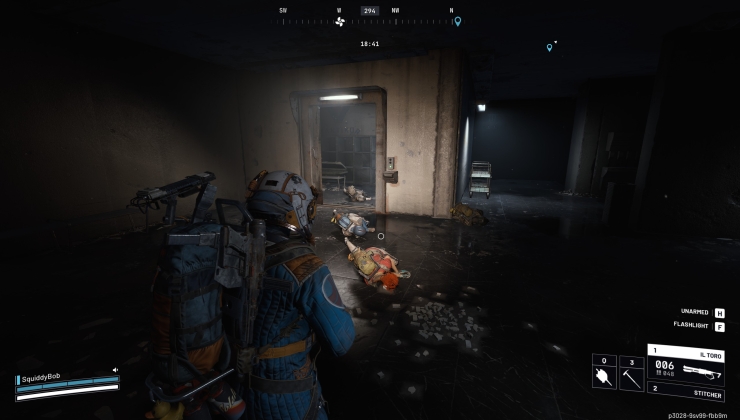

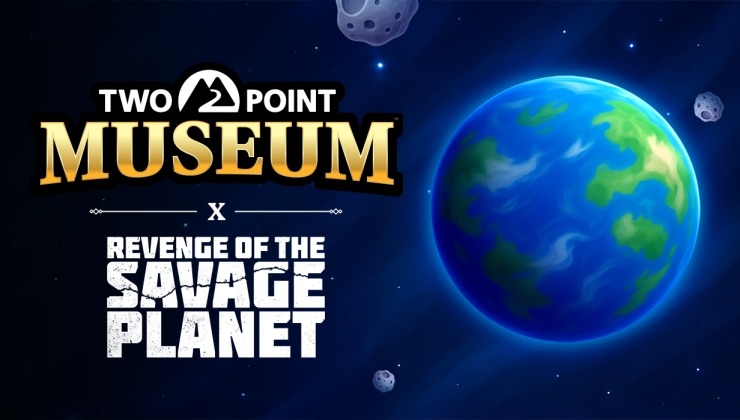
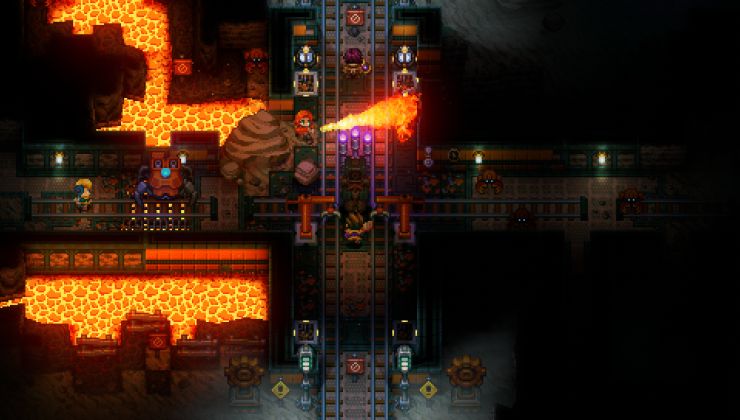





 How to setup OpenMW for modern Morrowind on Linux / SteamOS and Steam Deck
How to setup OpenMW for modern Morrowind on Linux / SteamOS and Steam Deck How to install Hollow Knight: Silksong mods on Linux, SteamOS and Steam Deck
How to install Hollow Knight: Silksong mods on Linux, SteamOS and Steam Deck